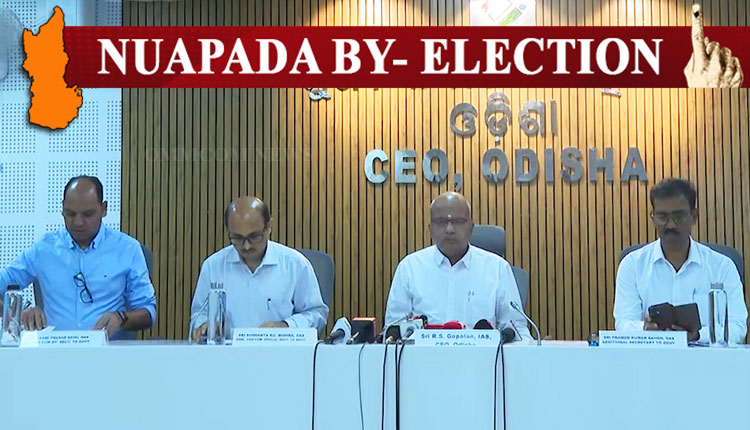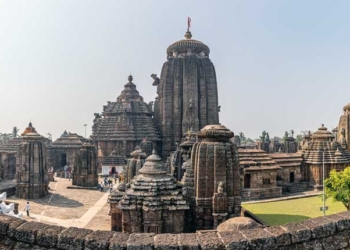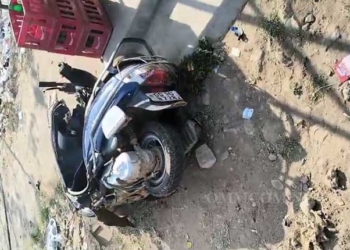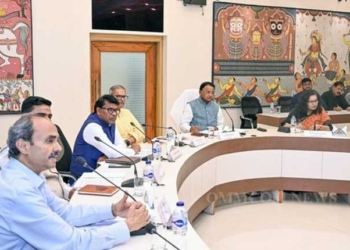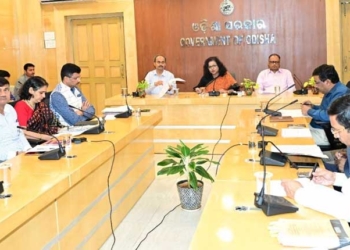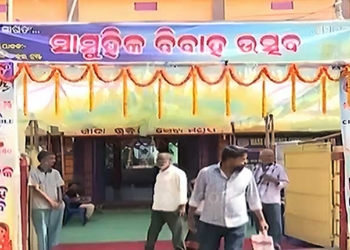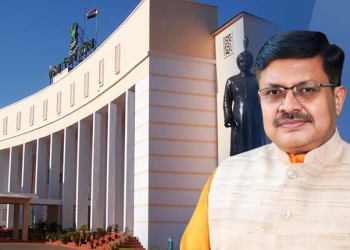Bhubaneswar: With polling in Odisha drawing closer, the Office of the Chief Electoral Officer (CEO), Odisha on Friday issued a detailed advisory outlining strict restrictions for the 48-hour period before the close of polls for the Nuapada Assembly seat, commonly referred to as the “silent period.”
The directive aims to uphold the sanctity of the electoral process and ensure a free, fair, and peaceful voting environment. The CEO’s office emphasized that during this period, all forms of campaigning and political activity must cease, allowing voters to make independent choices without undue influence.
As part of the enforcement measures, political leaders and workers brought from outside a constituency must leave the area immediately after campaigning ends. The District Election Officer and Superintendent of Police of Nuapada have been instructed to check community halls, guest houses, and lodges for outsiders, verify guest registers, and set up border check posts to monitor vehicle entry. Identity checks will be carried out to ensure that only local voters remain.
Exceptions will be made only for medical emergencies, verified by a District Medical Board and approved by the Election Commission of India. Such individuals will be under video surveillance and barred from engaging in any political activity.
Under Section 126 of the Representation of the People Act, 1951, public meetings, processions, and cultural events intended to influence voters are strictly prohibited during the silent period. Violation of this rule can attract up to two years of imprisonment, a fine, or both.
The guidelines also extend to media and digital platforms. No election-related content that could influence voters may be broadcast on television, radio, or digital media during the 48-hour window. Political advertisements in print media on poll day and the preceding day are banned unless pre-certified by the Media Certification and Monitoring Committee (MCMC).
Additionally, the CEO has warned that posting or sharing political content on social media platforms such as Facebook, X (Twitter), Instagram, WhatsApp, or YouTube during the silent period will be treated as a violation of election law. This includes appeals to vote, campaign messages, or any attempt to influence voter opinion.
Citizens have been urged to exercise digital restraint and refrain from circulating campaign-related posts, even in private groups.
The CEO’s office concluded by appealing to all stakeholders to cooperate in maintaining a “free, fair, and fearless” electoral atmosphere across Odisha.




